About
Codex Planetarius is a proof-of-concept project funded by the Gordon and Betty Moore Foundation and led by the Markets Institute at World Wildlife Fund. During this initial phase, we will explore and hone the scope of Codex Planetarius, coordinate with others who are pursuing similar work, define transparent parameters, and make explicit assumptions to be discussed through peer review and public comments.
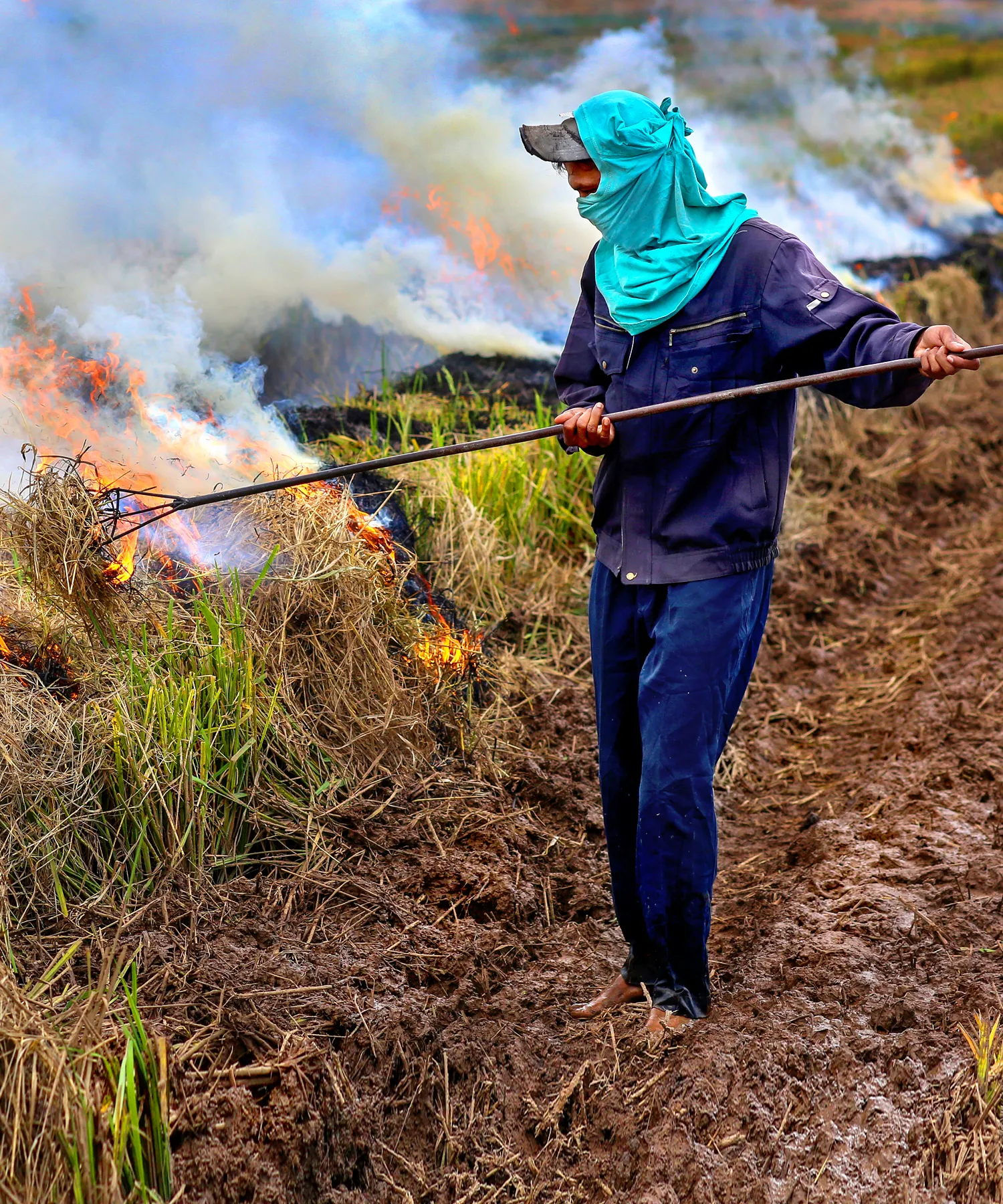
Burning stubble on a harvested rice field in Malaysia. Alex Liew / iStock
How Codex Planetarius Will Work
Codex Planetarius will provide producers, governments and trade authorities with a baseline for environmental performance in the global trade of food and soft commodities. It won't replace what is already done. Rather, it will help build consensus about key impacts, how to measure them, and what performance should be for global trade. This will be more efficient, credible, enforceable, and cost-effective than individual governmental actions.
Codex Planetarius will aim to:
- Identify 6-8 key environmental impacts related to food and soft commodity export production for targeted improvements
- Create a minimum performance standard to reduce key environmental impacts identified by Codex Planetarius researchers
- Inform regulatory guidelines for governments and global trade that would apply initially to trade agreements and eventually to the WTO
- Provide data to accompany products and improve supply chain transparency and traceability for commodities and production
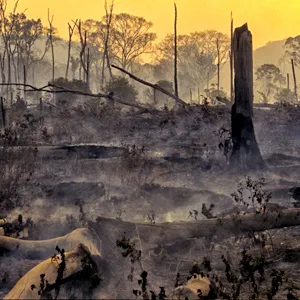
Habitat loss
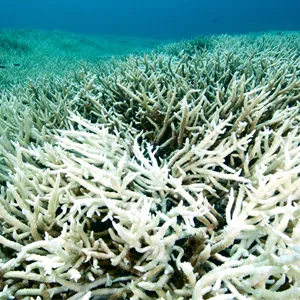
Biodiversity loss
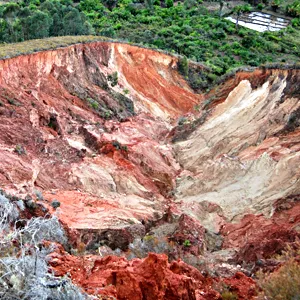
Soil health

Water take
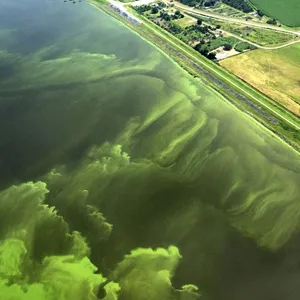
Water effluent
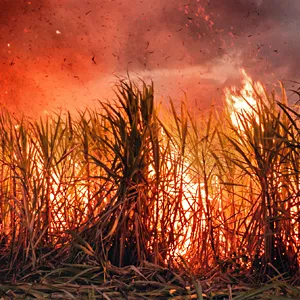
GHG emissions
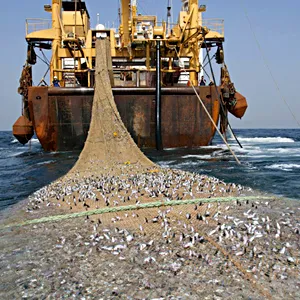
Illegality
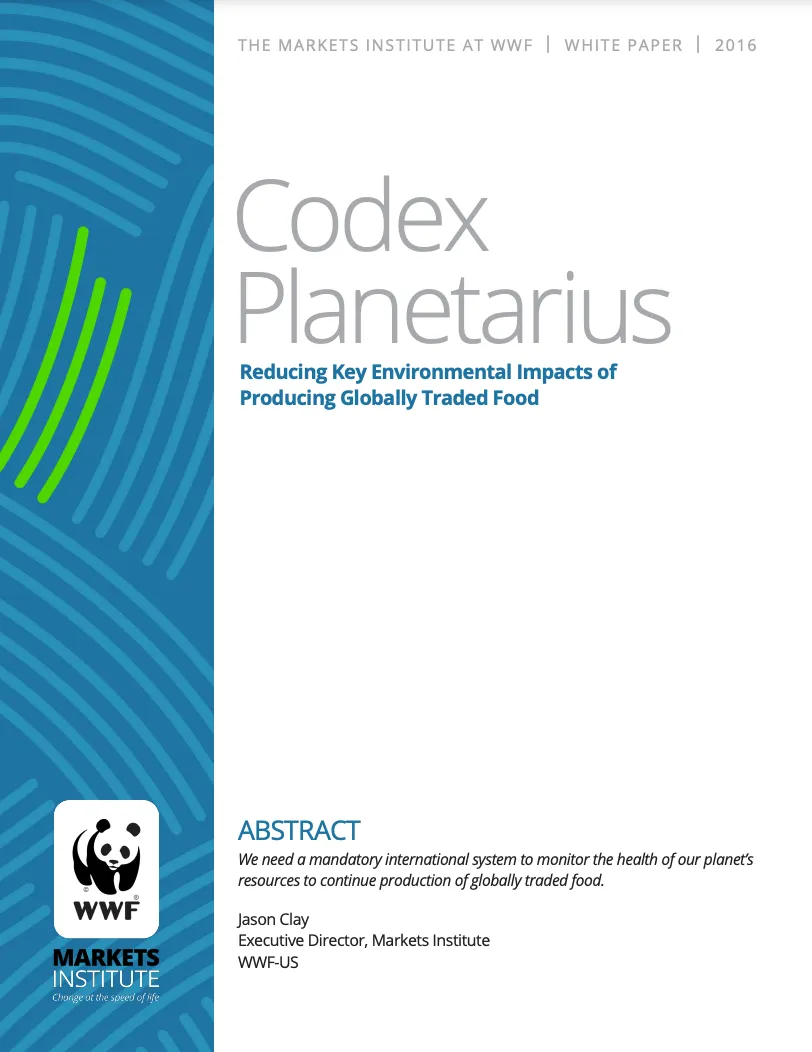
The Codex Planetarius Vision
The Codex Planetarius concept was first formulated in 2014 by Jason Clay at WWF. This nine-page paper provides a concise introduction to Codex Planetarius and an overview of its initial development phases.
Download PDF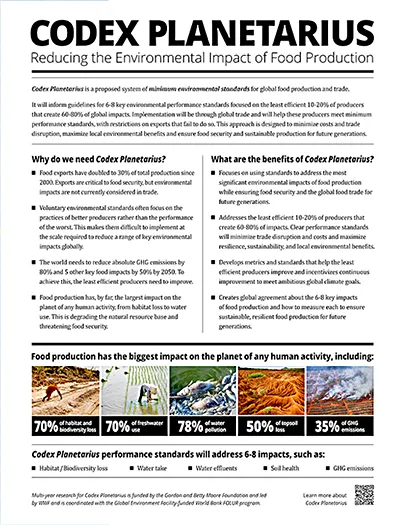
Fact Sheet
Our fact sheet presents Codex Planetarius in concise form, complete with essential points and project goals—perfect for quick reference and sharing.
Download PDF
Frequently Asked Questions
Questions about Codex Planetarius? Our FAQ page provides answers to many commonly asked questions.
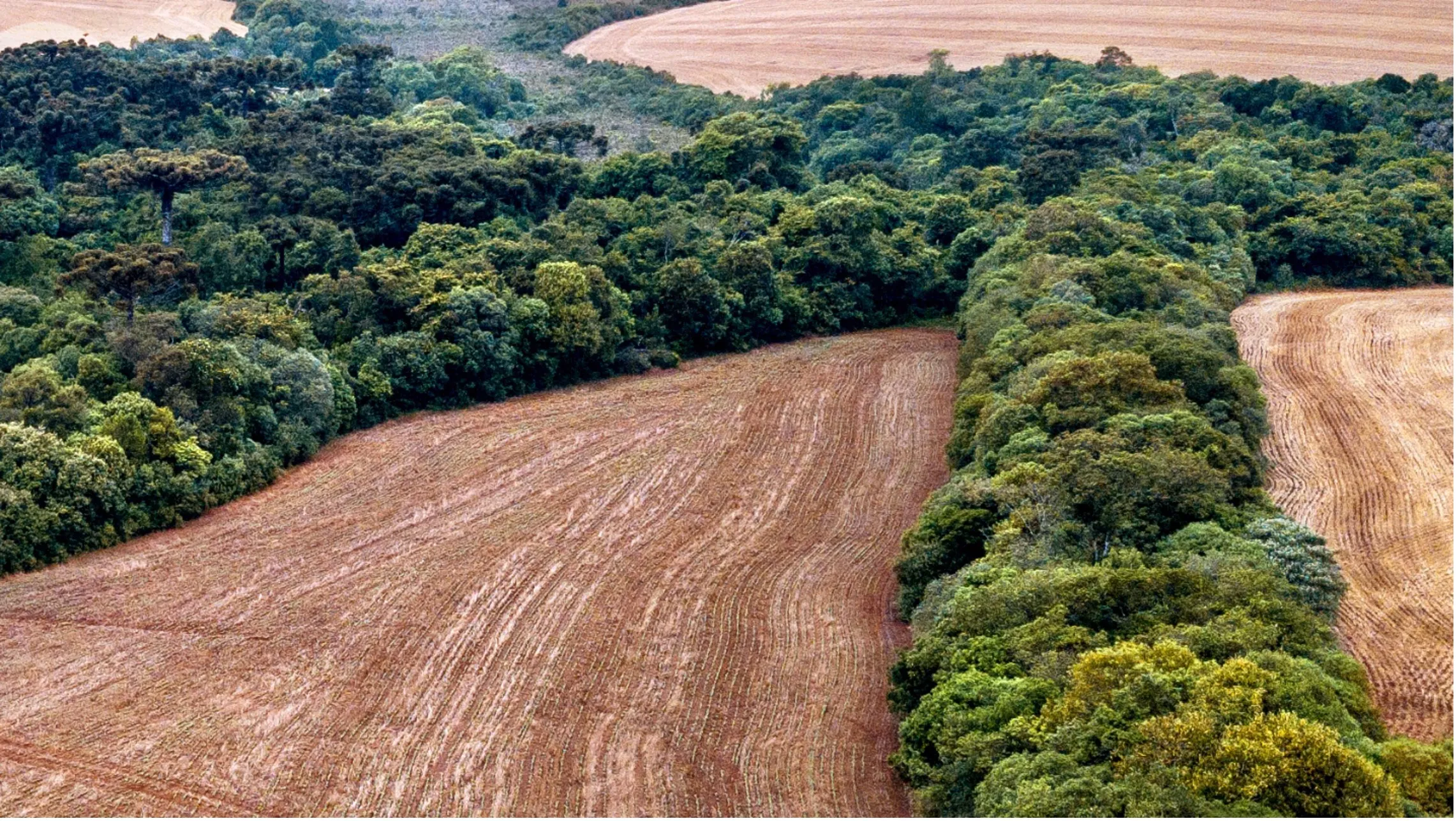
The 1% Fund
We are proposing a market mechanism, The 1% Fund, to address the environmental externalities that are not included in prices. A 1% environmental fee would be collected in addition to the declared price of globally exported food commodities and used to make the global food system more resilient in the face of climate change. This would include helping the least efficient performers obtain clear land titles, other legal permits, reforest areas, comply with market traceability requirements, adopt better practices and technologies to reduce key impacts, and retire marginal lands, among other things.
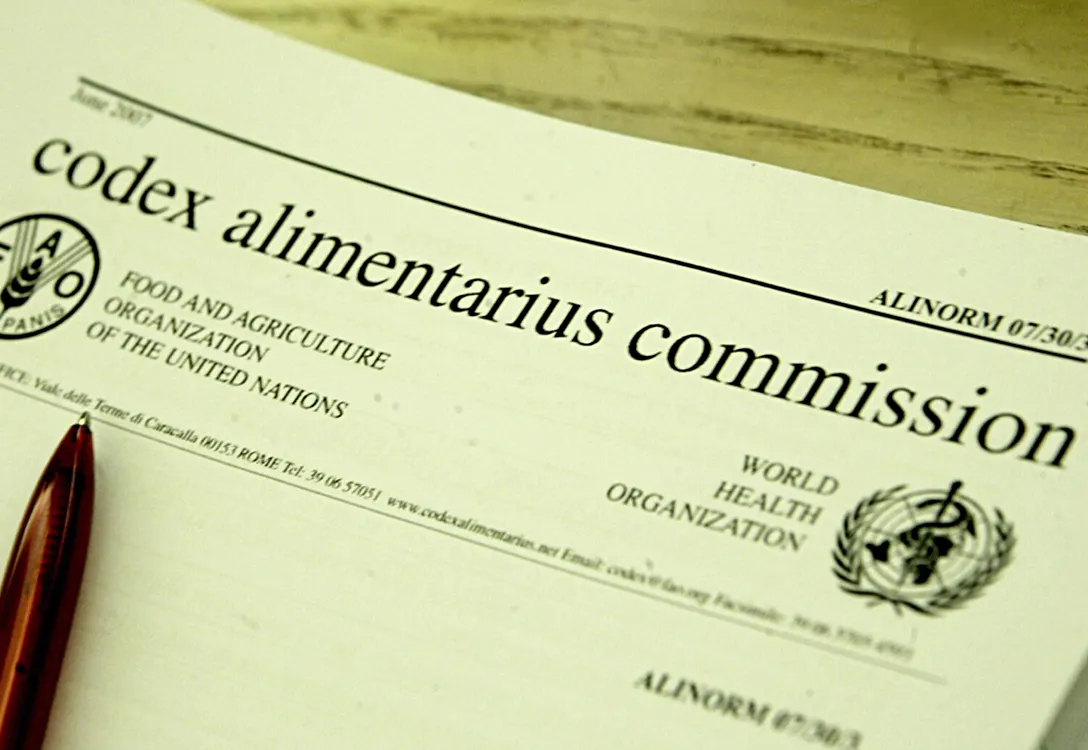
Codex Alimentarius
Until the early 1900s virtually no rules governed the health and safety of food, placing the well-being of millions at risk. Over ensuing decades, thousands of confusing standards designed to protect consumers were created. These efforts, however, ultimately failed to address the global scope of this issue. In response, a pioneering set of global food safety standards, known as Codex Alimentarius, was established in 1963. Sixty years later, Codex Alimentarius remains the only internationally recognized standard for the health, safety, and phytosanitary conditions of food. Codex Planetarius will build on Codex Alimentarius' precedent, protecting the health and safety of the renewable natural resources used to produce food and soft commodities.

Next Steps
In the proof-of-concept phase, Codex Planetarius will be piloted in a half dozen countries to address many questions and generate the data necessary for Codex Planetarius to be introduced, initially through bilateral and then larger trade agreements. Formal launch dates and hosting mechanisms have not yet been determined.
Who We Are
The Markets Institute at WWF—in collaboration with the Global Environment Facility (GEF) and The Food Systems, Land Use and Restoration Impact Program (FOLUR)—is undertaking this multiyear proof-of-concept phase for the development of Codex Planetarius. Other international groups, such as the World Bank, are funding additional studies. Many organizations, including the UN, Multilateral Development Banks and NGOs, are also providing in-kind contributions to explore key issues and convene on-going discussion groups around specific food production topics.